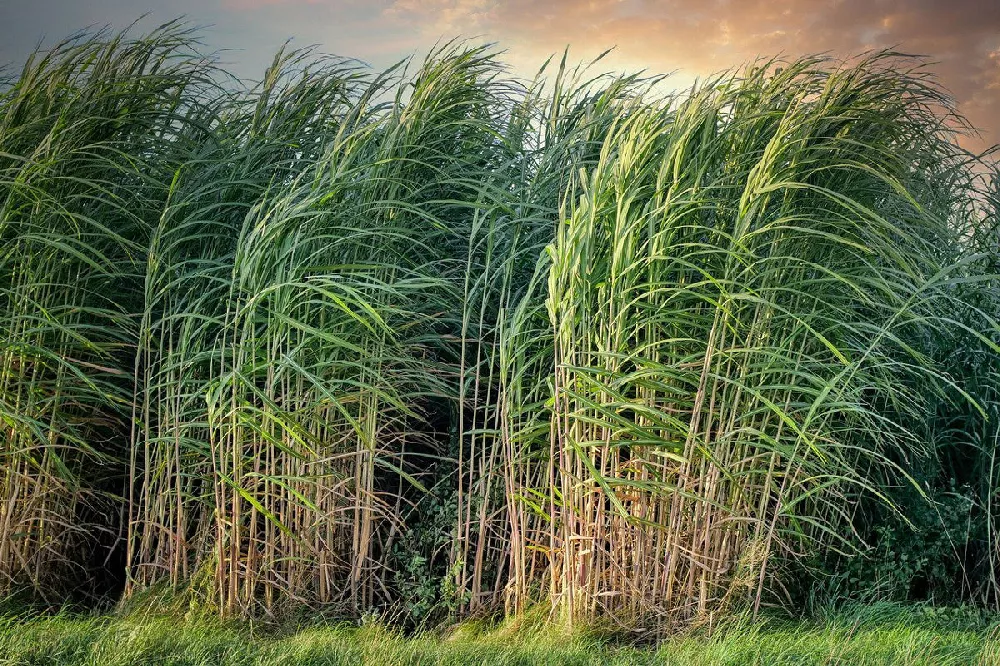Why Walking Cane Sugar Handling Chemicals Are Important for Modern Sugar Refining
The role of cane sugar processing chemicals in modern sugar refining can not be overemphasized, as they are indispensable to boosting both the efficiency of removal and the total quality of the last product. Agents such as phosphoric acid and particular flocculants are employed to get rid of pollutants, resulting in sugar that not only meets consumer assumptions but also adheres to market criteria.
Role of Processing Chemicals
The efficacy of cane sugar processing hinges substantially on the tactical application of processing chemicals. These chemicals play a critical function in boosting the effectiveness and top quality of sugar removal and refining. From the preliminary phases of juice extraction to the final purification steps, processing chemicals help with various essential procedures.
In the removal stage, chemicals such as phosphoric acid and calcium hydroxide are utilized to optimize the clarification procedure, helping to get rid of pollutants and suspended solids from the walking cane juice. This not only boosts the yield however likewise guarantees the clearness of the final item. Furthermore, agents like flocculants aid in the quick settling of pollutants, thereby enhancing the general process.
Activated carbon and ion exchange resins offer to eliminate color and odor, ensuring that the refined sugar satisfies consumer high quality criteria. Thus, the meticulous selection and application of these chemicals are crucial for attaining optimal outcomes in walking cane sugar processing.
Secret Kinds of Chemicals
Walking cane sugar handling depends on a range of vital chemicals that help with each stage of manufacturing. These chemicals play vital functions in making clear, bleaching, and detoxifying the sugar extracted from walking stick.
One main classification of chemicals consists of flocculants, such as polyacrylamide, which help in the clarification process by promoting the aggregation and settling of pollutants. In addition, calcium hydroxide is often employed to neutralize acidity and assist in the elimination of non-sugar parts.
Lightening representatives, such as activated carbon and sulfur dioxide, are used to decolorize the syrup, causing a clearer end product. These chemicals aid eliminate shade substances that might impact the sugar's look and marketability.
Moreover, phosphoric acid acts as a pH regulator during the handling stages, making sure ideal conditions for the enzymatic activities associated with sugar removal and filtration.
Other important agents consist of edta (ethylenediaminetetraacetic acid), which chelates metal ions that might militarize unfavorable reactions, and sodium hydroxide, which assists in pH control throughout the refining procedure. Collectively, these chemicals boost efficiency and ensure a high-quality walking cane sugar product.
Advantages for Sugar Top Quality
Frequently forgotten, the use of specific handling chemicals substantially boosts the overall top quality of cane sugar. These chemicals play an essential duty in refining procedures, making sure that the final item fulfills stringent market requirements for pureness and preference.

Additionally, refining chemicals assist in attaining a regular granulation and appearance, which are crucial for consumer approval. By regulating the formation procedure, these chemicals guarantee that the sugar crystals develop consistently, resulting in a more attractive product that liquifies well in various applications.
Furthermore, the use of these chemicals can improve the service life of walking cane sugar by minimizing wetness absorption and microbial growth. Generally, the critical application of handling chemicals is crucial for delivering premium walking cane sugar that meets consumer expectations and sector needs.
Ecological Impact Considerations

In addition, the energy-intensive nature of sugar refining, worsened by chemical usage, commonly causes raised carbon emissions. This adds to environment change and raises concerns relating to the sustainability of present refining methods. Additionally, the sourcing of these chemicals might include methods that endanger biodiversity, such as monoculture farming, which decreases the durability of farming ecosystems.

To mitigate these influences, sugar refiners are significantly checking out lasting choices and taking on ideal methods that minimize chemical usage. Executing rigorous ecological administration systems can link help make certain that the refining procedure straightens with ecological requirements and promotes biodiversity. Inevitably, a balanced technique that prioritizes both sugar quality and ecological stewardship is necessary for the long-lasting viability of the sugar sector.
Future Patterns in Refining
As the sugar market comes to grips with the environmental obstacles related to traditional refining approaches, ingenious techniques are emerging to boost both effectiveness and sustainability. One significant pattern is the adoption of environment-friendly chemistry principles, which prioritize making use of safe, eco-friendly handling chemicals. This shift not only decreases environmental influence however also addresses customer need for cleaner production approaches.
Another promising growth is the implementation of innovative filtration modern technologies, such as membrane layer splitting up and adsorption processes. These techniques boost the clarity and high quality of the sugar while lowering the quantity of wastewater generated during refining. Furthermore, the integration of electronic modern technologies, including IoT and AI, is transforming operational performance by enabling real-time monitoring and predictive maintenance, therefore decreasing source waste.
Additionally, the usage of byproducts from sugar refining, look these up such as bagasse and molasses, is gaining grip. These products can be converted into biofuels or value-added items, adding to a round economic climate within the industry. Collectively, these patterns signal a change towards more sustainable techniques that not only improve functional performance yet additionally straighten recommended you read with worldwide sustainability goals, making certain the future practicality of sugar refining.
Final Thought
Walking cane sugar processing chemicals are crucial in modern sugar refining, significantly enhancing the efficiency and quality of sugar extraction. The calculated usage of these chemicals not only enhances the purity and taste of the final product yet likewise makes certain regular formation and texture. As the sector increasingly focuses on sustainability, the fostering of environmentally-friendly processing representatives is likely to shape future patterns in refining, ultimately resulting in better items and expanded life span for customers.

Ultimately, a well balanced method that focuses on both sugar top quality and environmental stewardship is important for the lasting practicality of the sugar market.
Walking cane sugar processing chemicals are necessary in modern sugar refining, significantly boosting the efficiency and high quality of sugar removal.